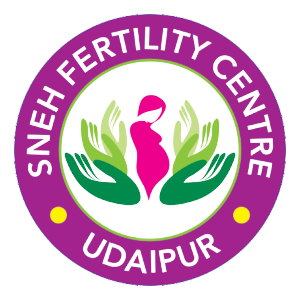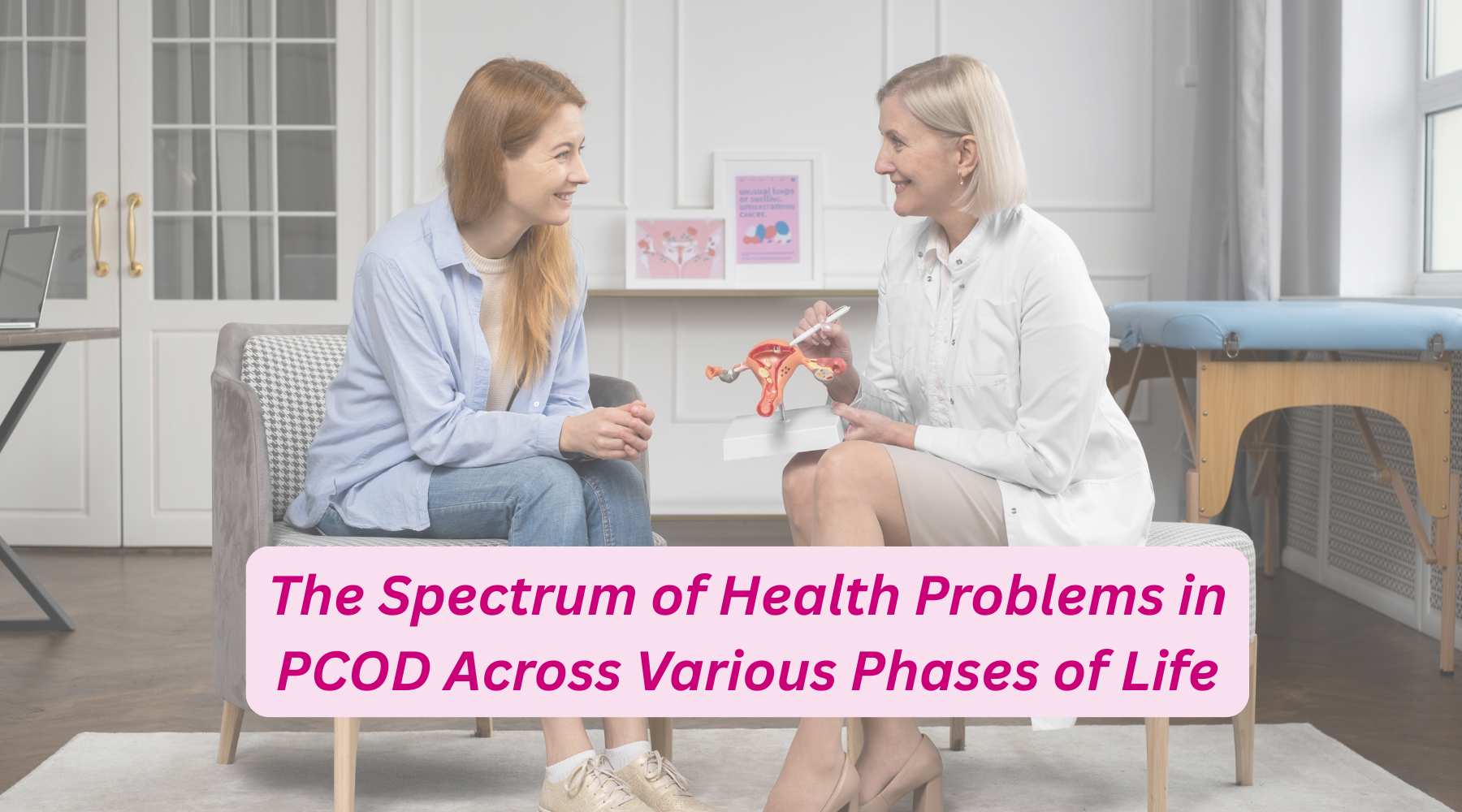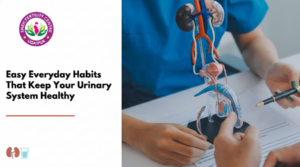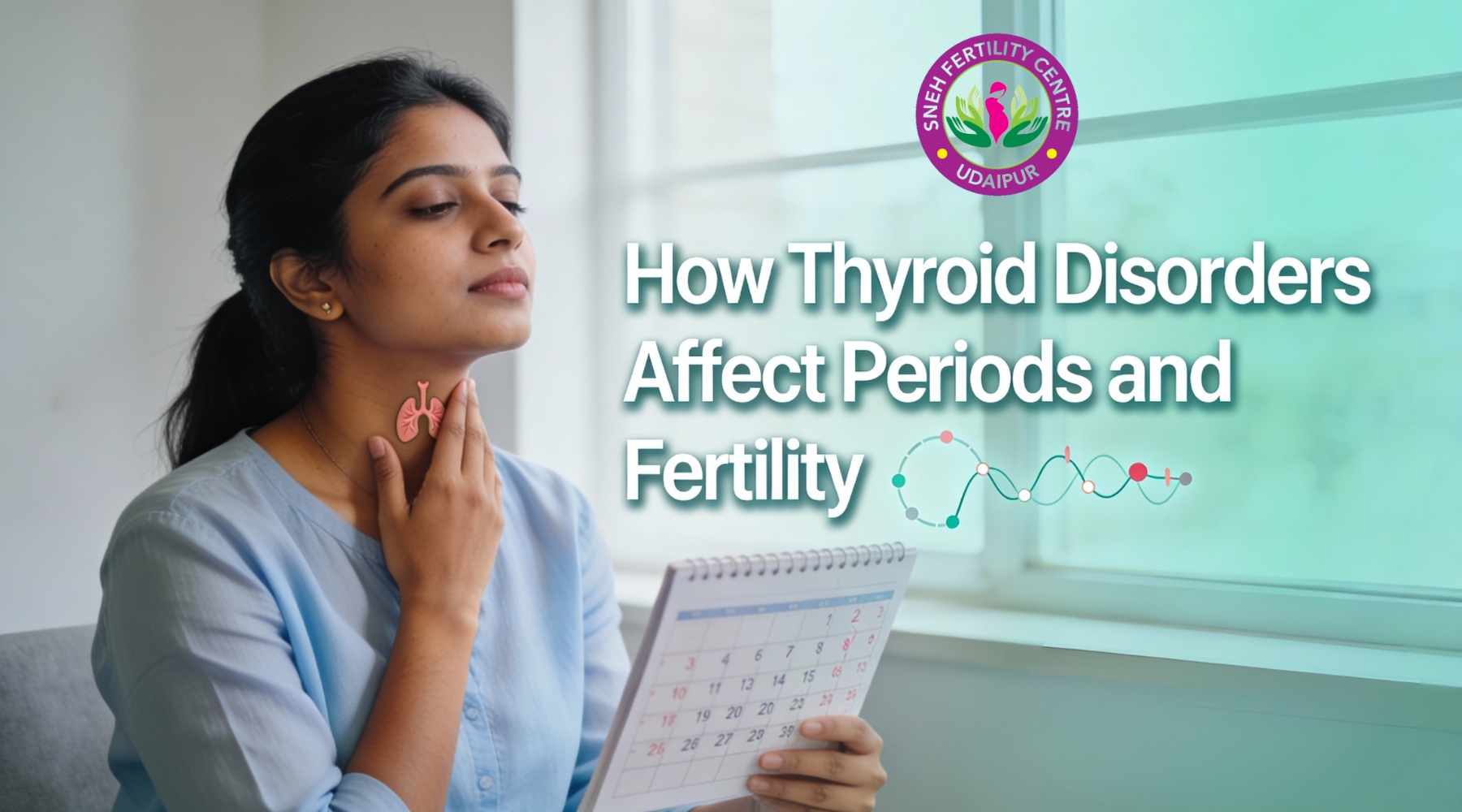Polycystic Ovarian Disease (PCOD) affects millions of women worldwide, presenting a complex array of health challenges that evolve throughout different stages of life. At Sneh Fertility Centre, we understand that PCOD is not just a reproductive concern—it’s a multifaceted condition that requires comprehensive care and awareness across all life phases.
Understanding PCOD: More Than Just Ovarian Cysts
PCOD is a hormonal disorder characterized by enlarged ovaries containing multiple small cysts. However, the condition extends far beyond reproductive health, creating a ripple effect that influences metabolic, cardiovascular, and psychological well-being throughout a woman’s life.
Adolescence and Early Adulthood: The Foundation Years
Irregular Menstrual Patterns
During teenage years, PCOD often announces itself through irregular periods. While many dismiss this as “normal teenage hormones,” persistent irregularities lasting beyond two years post-menarche warrant medical attention.
Weight Management Challenges
Young women with PCOD frequently struggle with:
- Unexplained weight gain, particularly around the abdomen
- Difficulty losing weight despite proper diet and exercise
- Increased appetite and cravings for sugary foods
Skin and Hair Changes
The hormonal imbalance in PCOD leads to:
- Hirsutism: Excessive hair growth on face, chest, and back
- Acne: Persistent, often severe acne that doesn’t respond to typical treatments
- Alopecia: Male-pattern hair loss or thinning
These changes can significantly impact self-esteem during crucial developmental years, making early intervention essential.
Reproductive Years: Fertility and Beyond
Fertility Challenges
During the prime reproductive years (20s-30s), PCOD presents significant obstacles:
Ovulation Disorders: Irregular or absent ovulation makes conception difficult, often requiring medical intervention for successful pregnancy.
Pregnancy Complications: Women with PCOD face increased risks of:
- Gestational diabetes
- Pregnancy-induced hypertension
- Miscarriage rates
- Preterm delivery
Metabolic Complications
The reproductive years often see the emergence of serious metabolic issues:
Insulin Resistance: Up to 80% of women with PCOD develop insulin resistance, creating a vicious cycle that worsens hormonal imbalances.
Type 2 Diabetes: The risk of developing diabetes increases by 5-10 times compared to women without PCOD.
Cardiovascular Concerns: Young women with PCOD show early signs of heart disease, including elevated cholesterol levels and increased blood pressure.
Perimenopause and Menopause: Transition Challenges
Intensified Metabolic Issues
As estrogen levels decline during perimenopause, women with PCOD often experience:
- Accelerated weight gain
- Worsening insulin resistance
- Increased risk of developing metabolic syndrome
Cardiovascular Disease Risk
The combination of declining hormones and existing PCOD-related metabolic issues significantly increases the risk of heart disease and stroke during this phase.
Mental Health Impact
The hormonal fluctuations during menopause can exacerbate mood disorders that often accompany PCOD, including depression and anxiety.
Post-Menopause: Long-term Health Consequences
Increased Disease Risk
Post-menopausal women with a history of PCOD face elevated risks of:
- Type 2 Diabetes: Risk remains significantly higher than the general population
- Cardiovascular Disease: Heart disease becomes a primary concern
- Endometrial Cancer: Due to years of irregular ovulation and hormone exposure
Bone Health Concerns
The complex hormonal history of PCOD can influence bone density, potentially increasing osteoporosis risk in later years.
The Psychological Spectrum: Mental Health Across All Phases
PCOD’s impact on mental health spans all life phases:
Self-Image and Confidence
Physical changes from excess hair growth, acne, and weight gain can severely impact self-esteem, particularly during formative years.
Anxiety and Depression
Research shows women with PCOD are three times more likely to experience anxiety and depression compared to those without the condition.
Relationship and Social Impacts
Fertility struggles and physical symptoms can strain relationships and social interactions across all life phases.
Taking Control: A Comprehensive Approach
Early Diagnosis is Key
Recognizing PCOD symptoms early allows for:
Better long-term health outcomes
Improved fertility prospects
Prevention of serious complications
Lifestyle Modifications
Regardless of life phase, certain strategies remain crucial:
Balanced Nutrition: Focus on low glycemic index foods and regular meal timing
Regular Exercise: Combining cardio and strength training helps manage insulin resistance
Stress Management: Practices like yoga and meditation can help balance hormones
Medical Management
Professional medical care should include:
Regular monitoring of metabolic parameters
Hormonal therapy when appropriate
Fertility treatments as needed
Preventive care for long-term complications
Your Partner in PCOD Management
At Sneh Fertility Centre, we understand that PCOD is a lifelong journey requiring personalized care at every stage. Our comprehensive approach addresses not just immediate symptoms but focuses on preventing long-term complications and improving overall quality of life.
Remember, PCOD doesn’t define you—it’s a condition that can be effectively managed with proper medical care, lifestyle modifications, and emotional support. Early intervention and consistent management are your best tools for maintaining health and achieving your life goals across all phases of life.
If you’re experiencing symptoms of PCOD or need specialized care for managing this condition, our team of experts is here to support you through every phase of your journey. Together, we can create a personalized treatment plan that addresses your unique needs and helps you live your healthiest life.






